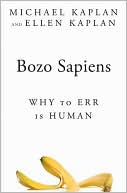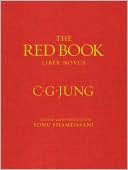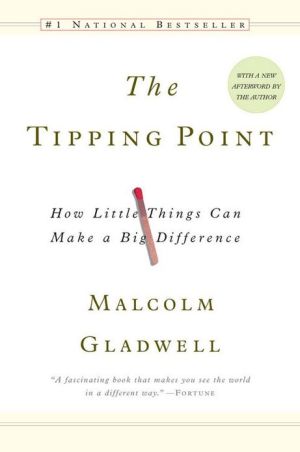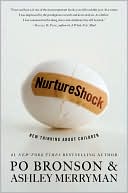Bozo Sapiens: Why to Err Is Human
Search in google:
A dazzling new work of popular science and psychology for readers who enjoyed Blink, Stumbling on Happiness, or The Black Swan. The New York Times called the Kaplans’ look at probability in everyday life, Chances Are..., “a dizzying, exhilarating ride.” Now they take readers on a new fun-house tour—exploring the burgeoning science of why humans make mistakes.Our species, it appears, is hardwired to get things wrong in myriad different ways. Why did recipients of a loan offer accept a higher rate of interest when a pretty woman’s face was printed on the flyer? Why did one poll on immigration find the most despised aliens were ones from a group that did not exist? What made four of the air force’s best pilots fly their planes, in formation, straight into the ground? Why does giving someone power make him more likely to chew with his mouth open and pick his nose? And why is your sister going out with that biker dude? In fact, our cognitive, logical, and romantic failures may be a fair price for our extraordinary success as a species—they are the necessary cost of our adaptability. Michael and Ellen Kaplan swoop effortlessly across neurochemistry, behavioral economics, and evolutionary biology, among other disciplines, to answer, with both clarity and wit, the questions above—and larger ones about what it means to be human. Kirkus Reviews The mother-son co-authors of Chances Are . . . : Adventures in Probability (2006) turn their considerable authorial skills and wit to human behavior, from our isolated cave-dwelling ancestors to today's globalized, interconnected world. Humans make a lot of mistakes, write documentarian Michael and archaeologist Ellen (co-author: Out of the Labyrinth: Setting Mathematics Free, 2007, etc.). Rather than use logic and reason, our brains are hardwired to make snap judgments, go with gut feelings, surrender to passions and celebrate our in-group as Us and dislike others as Them. It's all part of the adaptability mechanisms that favored cooperation and sharing among small hunter-gatherer groups and wariness, if not fear, of unknown Others. Much of this behavior can be found in other primates as well-along with strategies for getting along, resolving conflict and overthrowing leaders who become too powerful. Before expanding on the tenets of evolutionary biology, the authors offer a timely discussion of behavioral economics, including flawed logic, the failure to apply rules of probability and the irrational exuberance underlying the current economic meltdown. They also include some nifty new vocabulary-"hyperbolic discounting" describes the never-have-to-pay thinking that drives credit-card spending; "availability heuristic" describes the tale that a Ponzi schemer tells to explain his financial genius; and so on. Our beliefs and our errors, write the Kaplans, derive from the complexity of the brain, a parallel processor with myriad connections linking visceral, emotional and rational parts. These enable us to construct our idiosyncratic perceptions of the world-which are susceptible toillusions-but they are also hardwired to read gestures and facial expressions common to all cultures, as well as interpret notions of civility and fairness. The authors discuss how concepts of morality and justice have developed, and the last chapters concentrate on the dilemmas of life, love, marriage and child-rearing in modern society. In a world grown enormously complex, culture may be our salvation, giving us the tools to create new explanations when we err, and in so doing enable us to rewrite our history and survive. Gourmet reading-rich in ideas, global references and amusing and provocative examples, served with great style. Author appearances in New England
Contents CHAPTER I From the Logbook of the Ship of Fools....................1CHAPTER II Idols of the Marketplace....................19CHAPTER III Tinted Glasses....................67CHAPTER IV Off the Rails....................111CHAPTER V One of Us....................151CHAPTER VI Fresh off the Pleistocene Bus....................183CHAPTER VII Living Right....................221Notes....................253Index....................ooo








